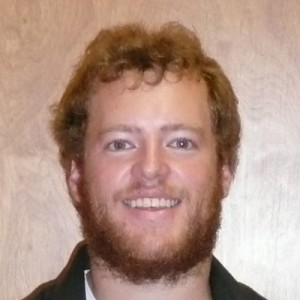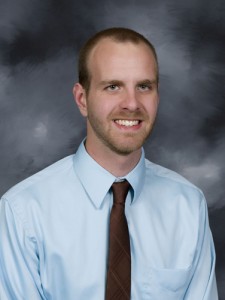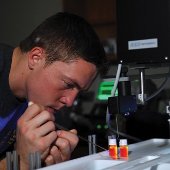
The Graduate School was recently featured on the TV6 news in regards to the new Parental Accommodation Policy. The interview features Lihui Hu, new mother and PhD student in computer science, and the director of graduate marketing, Jacque Smith.
The new policy allows new parents, through either birth or adoption, to take an excused absence from their classes and provides extensions to academic deadlines. It also provides funded students with paid leave for six weeks.
See A (Graduate) Student Affair to view the original Michagan Tech News Story.


